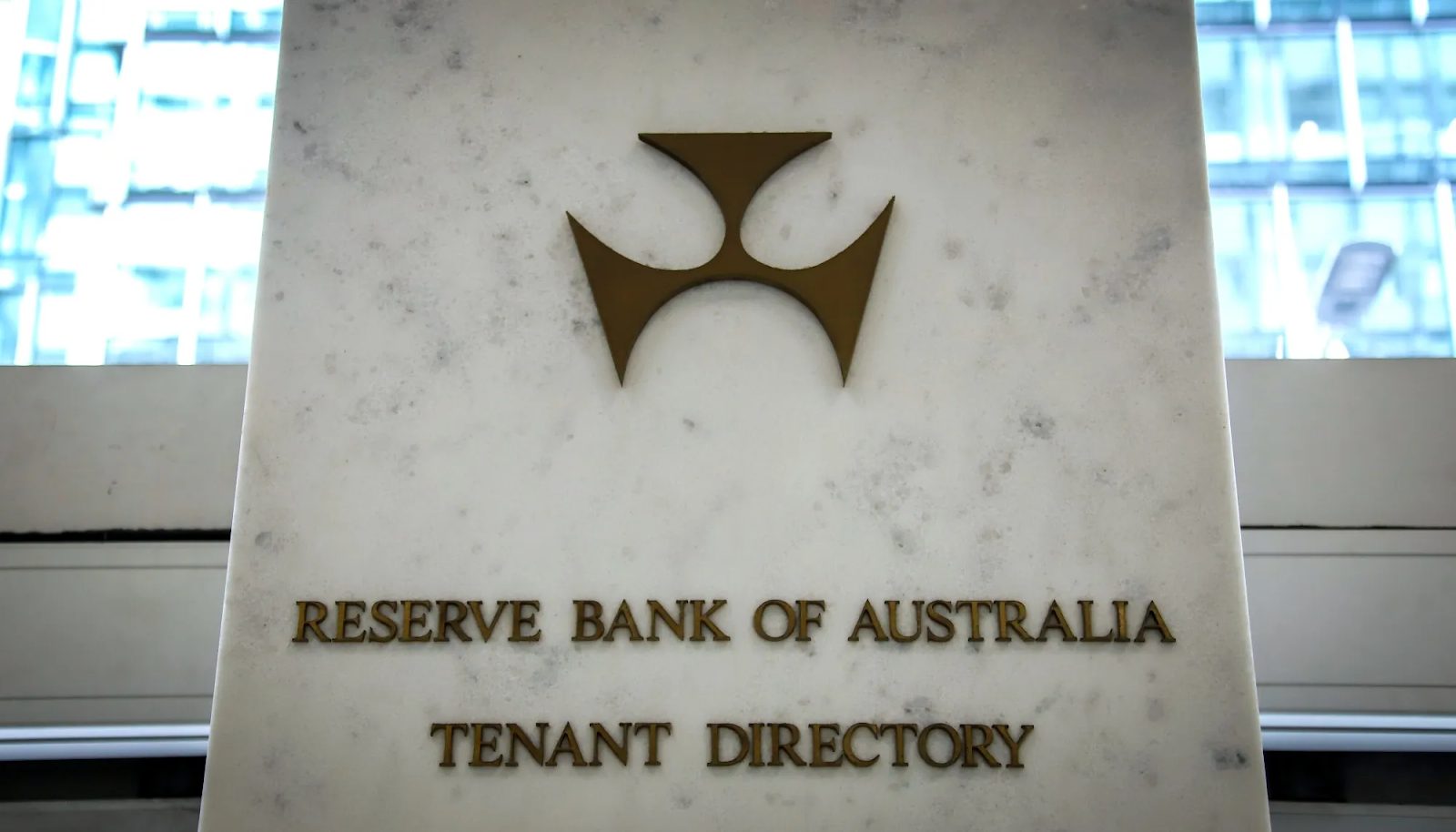Australia’s Central Bank Progresses Project Acacia Testing for CBDC Asset Settlement
Australia’s Reserve Bank announced on Thursday the selection of 24 industry participants for the next phase of its wholesale central bank digital currency (CBDC) testing initiative.
The six-month pilot will conduct 19 real-money transactions and five proof-of-concept simulations across multiple asset classes, including fixed income, private markets, trade receivables, and carbon credits.
Settlement will occur through various digital assets, including stablecoins, bank deposit tokens, and pilot wholesale CBDCs deployed on platforms such as Hedera, Redbelly Network, R3 Corda, and Canvas Connect.
The Australian Securities and Investments Commission has granted regulatory relief to facilitate the testing, and project findings are expected in the first quarter of 2026.
 Source: Bloomberg
Source: Bloomberg
ASIC Enables Real-Money CBDC Testing Through Regulatory Relief
The regulatory relief allows participants to conduct tokenized asset transactions using CBDCs between financial institutions without standard licensing requirements during the pilot period.
ASIC Commissioner Kate O’Rourke noted that the relief instrument will enable wholesale market testing of technologies that could potentially boost efficiency and foster economic growth.
Selected participants include major Australian banks such as Commonwealth Bank, ANZ, and Westpac, alongside specialized firms like Australian Bond Exchange, Fireblocks, and Zerocap.
Brad Jones, Assistant Governor for Financial System at the RBA, emphasized the strategic importance of ensuring Australia’s monetary arrangements remain fit for purpose in the digital age.
Jones described Project Acacia as “an opportunity for further collaborative exploration on tokenized asset markets and the future of money by the public and private sectors in Australia,” with use cases designed to help the RBA better understand innovations in both central bank and private digital money.
Professor Talis Putnins from the Digital Finance Cooperative Research Centre also highlighted the potential economic impact.
He referenced recent research suggesting potential economic gains in markets and cross-border payments could reach AU$19 billion annually.
Australia Pursues Wholesale CBDC Strategy Amid Global Digital Currency Race
Project Acacia builds on Australia’s September 2024 decision to prioritize wholesale CBDC development over retail applications due to greater economic benefits.
The initiative aligns with global trends, as 134 countries representing 98% of the global economy are exploring CBDCs, according to research by the Atlantic Council.
The competitive pressure is particularly evident in the Asia-Pacific region, where China’s digital yuan transactions reached $986 billion by June 2024 across 17 regions and 44 countries currently running CBDC pilot programs of varying scales and ambitions.
Cross-border wholesale CBDC projects have more than doubled globally, with initiatives like Project mBridge connecting financial institutions across multiple jurisdictions.
Australia’s comprehensive digital asset framework encompasses tokenization, real-world assets, and CBDC integration within broader efforts to modernize the financial system.
However, challenges remain complex, as David Lavecky, head of Canvas, previously told Cryptonews that the Reserve Bank of Australia’s approach to issuing eAUD is “multifaceted,” with several legal, regulatory, and operational hurdles still to overcome.
Organizers have described Project Acacia’s real-money settlement testing on third-party platforms as another world-first for Australia in the digital finance industry.
You May Also Like

Red alert: The Shiba Inu price rally could be shortlived

HSBC Bank Pilots e-HKD+ Stablecoin Across Various Blockchains – Chinese CBDC Coming?
